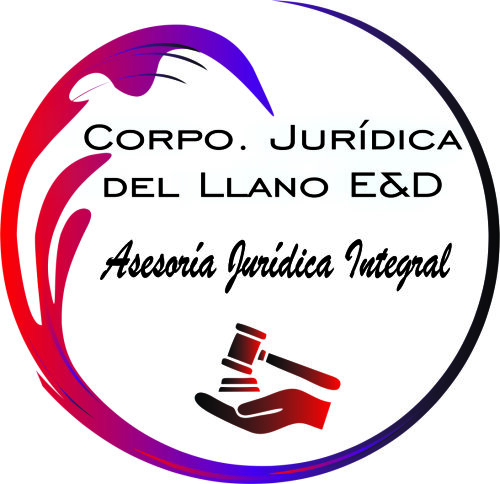Best Native People Lawyers in Colombia
Share your needs with us, get contacted by law firms.
Free. Takes 2 min.
Or refine your search by selecting a city:
List of the best lawyers in Colombia
About Native People Law in Colombia:
Colombia is home to a diverse range of indigenous communities, each with their own unique traditions, languages, and ways of life. The country recognizes the rights of these Native People and has laws in place to protect their cultural heritage and land rights.
Why You May Need a Lawyer:
People may require legal help in matters related to land rights disputes, access to resources, cultural preservation, and discrimination faced by Native People in Colombia. A lawyer can provide guidance and representation to navigate these complex legal issues.
Local Laws Overview:
Key aspects of local laws include the recognition of indigenous territories, consultation processes for development projects impacting indigenous communities, and the protection of cultural rights. These laws aim to uphold the rights of Native People and promote their well-being.
Frequently Asked Questions:
1. What are the rights of Native People in Colombia?
Native People in Colombia have the right to their ancestral lands, preservation of their cultural heritage, and participation in decision-making processes that affect their communities.
2. How can I support indigenous communities in Colombia?
You can support indigenous communities by respecting their rights, learning about their cultures, and advocating for their rights at local and national levels.
3. Can indigenous communities own land in Colombia?
Yes, indigenous communities have the right to own and control their ancestral lands in accordance with Colombian laws and international conventions.
4. What is the role of the National Indigenous Organization of Colombia (ONIC)?
ONIC represents the interests of indigenous peoples in Colombia, advocating for their rights, cultural preservation, and participation in decision-making processes.
5. How are disputes over land rights resolved for indigenous communities?
Disputes over land rights are often resolved through legal processes, consultation with affected communities, and mediation efforts to reach a mutual agreement.
6. What are some common challenges faced by indigenous communities in Colombia?
Indigenous communities in Colombia often face challenges such as land encroachment, environmental degradation, lack of access to basic services, and discrimination.
7. Are there legal protections against discrimination towards indigenous people in Colombia?
Yes, Colombia has laws in place to protect indigenous people from discrimination and promote their rights to equality, dignity, and non-discrimination.
8. How can indigenous communities participate in decision-making processes in Colombia?
Indigenous communities can participate in decision-making processes through consultation mechanisms, representation in local and national institutions, and advocacy efforts to promote their interests.
9. What resources are available for indigenous communities seeking legal assistance in Colombia?
Indigenous communities can access legal assistance through indigenous legal representatives, non-governmental organizations, and government agencies that specialize in indigenous rights.
10. How can I learn more about the culture and history of indigenous communities in Colombia?
You can learn more about the culture and history of indigenous communities in Colombia through cultural events, educational programs, and community exchanges with indigenous groups.
Additional Resources:
For further information and support, you can contact the National Indigenous Organization of Colombia (ONIC), the Ministry of Interior, and local indigenous organizations in Colombia.
Next Steps:
If you require legal assistance related to Native People in Colombia, it is advisable to consult with a lawyer specializing in indigenous rights and land issues. They can provide you with guidance and representation to protect your rights and interests.
Lawzana helps you find the best lawyers and law firms in Colombia through a curated and pre-screened list of qualified legal professionals. Our platform offers rankings and detailed profiles of attorneys and law firms, allowing you to compare based on practice areas, including Native People, experience, and client feedback.
Each profile includes a description of the firm's areas of practice, client reviews, team members and partners, year of establishment, spoken languages, office locations, contact information, social media presence, and any published articles or resources. Most firms on our platform speak English and are experienced in both local and international legal matters.
Get a quote from top-rated law firms in Colombia — quickly, securely, and without unnecessary hassle.
Disclaimer:
The information provided on this page is for general informational purposes only and does not constitute legal advice. While we strive to ensure the accuracy and relevance of the content, legal information may change over time, and interpretations of the law can vary. You should always consult with a qualified legal professional for advice specific to your situation.
We disclaim all liability for actions taken or not taken based on the content of this page. If you believe any information is incorrect or outdated, please contact us, and we will review and update it where appropriate.
Browse native people law firms by city in Colombia
Refine your search by selecting a city.














